
The role of the editor-in-chief is undergoing a profound transformation. For societies and publishers, selecting the right EIC is a critical step that can shape the trajectory of the journal and determine its future influence.
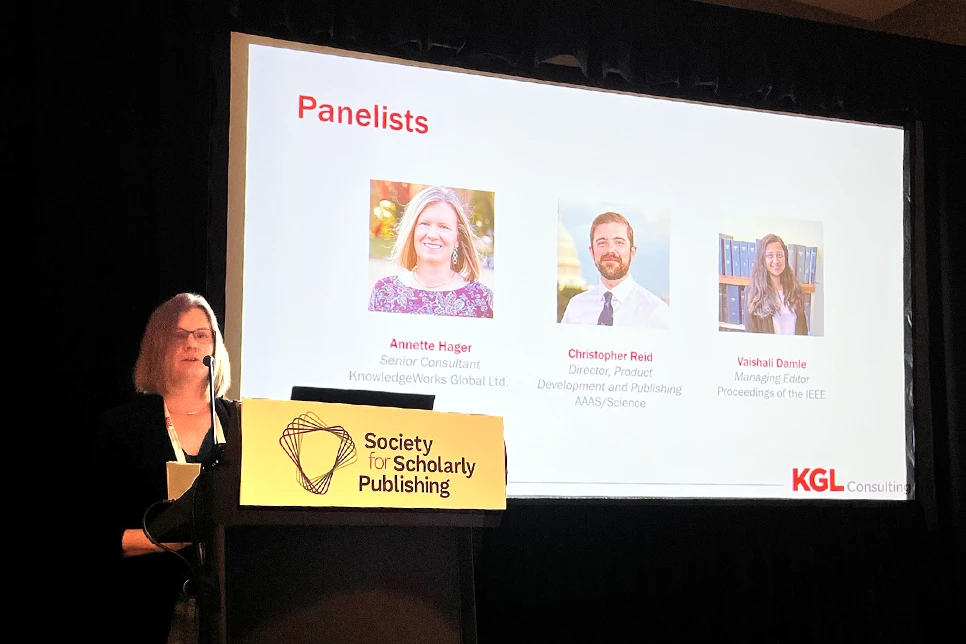
At this year’s SSP Annual Meeting, KGL’s industry breakout session highlighted the practical ways in which citation and bibliometric data can drive editorial strategies.

Ahead of the CSE 2024 Annual Meeting, KGL highlights a session in which we are proud to take part, “Evolving Roles and Relationships for a Sustainable Publishing Ecosystem."
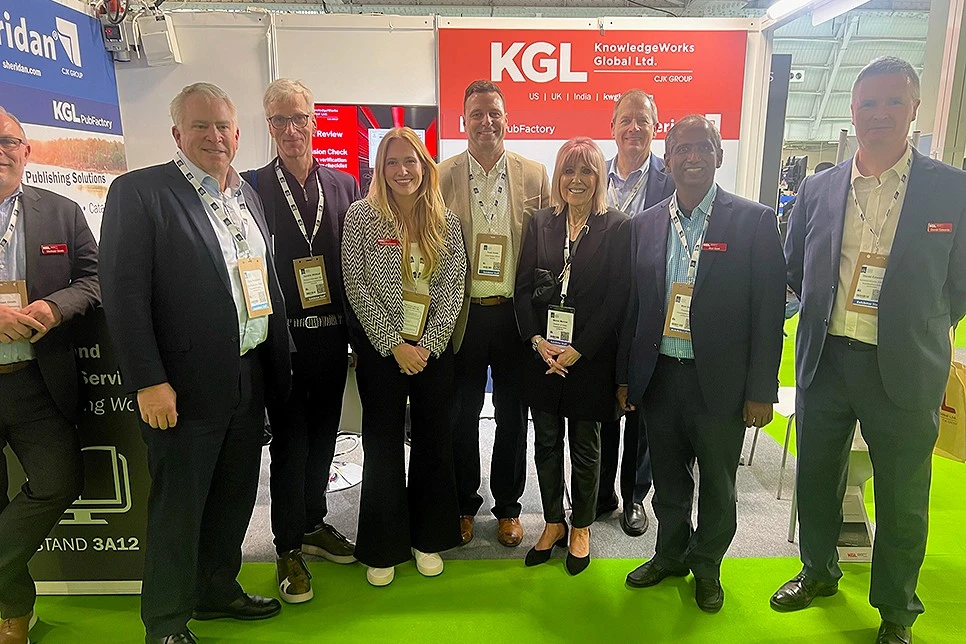
KGL marketing intern, Kate Kurtzman shares her observations on the many sides of the publishing industry, self-belief as a woman, insights into AI, and the value of networking.
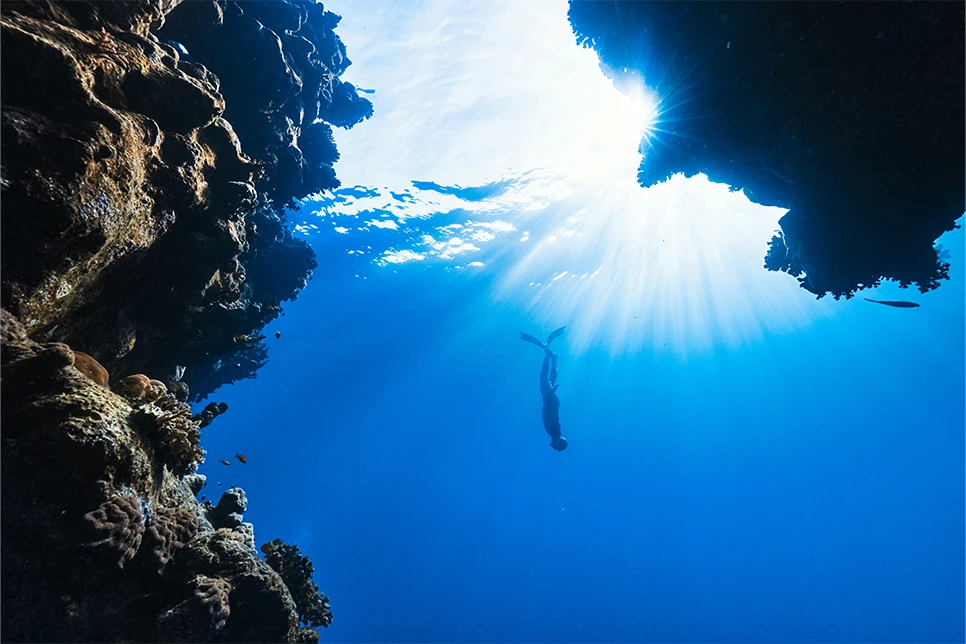
The boundary that separates legitimate from dubious academic journals—and the process by which they can rapidly descend from the former to the latter group—also serves as a cautionary case in point.

The integrity of scholarly research has always been one of the most—if not the most—important pillars of academic publishing. Authenticity, accuracy and reliability have always been the bedrock of the industry and a source of great pride for those working within it.
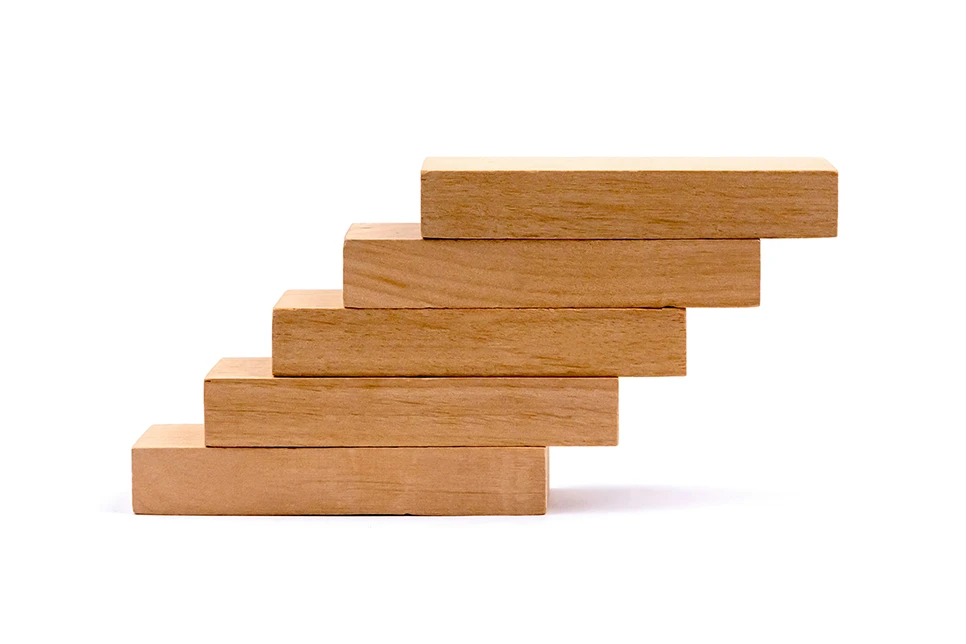
Remaining competitive in today’s complicated scholarly journal landscape has never been more challenging for publishers. Confronted with rapidly evolving business models, funding constraints, growing competition and stretched resources, sustaining and growing revenue can seem like a daunting task and uphill struggle at times.
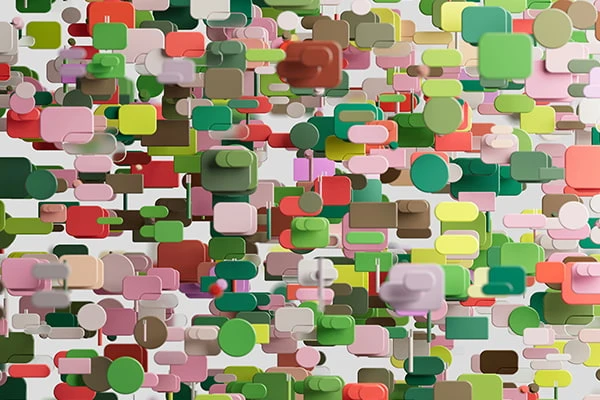
For the last year and a half, the media and publishing world have generated a lot of buzz and discussion about one particular disruptive technology—artificial intelligence (AI).
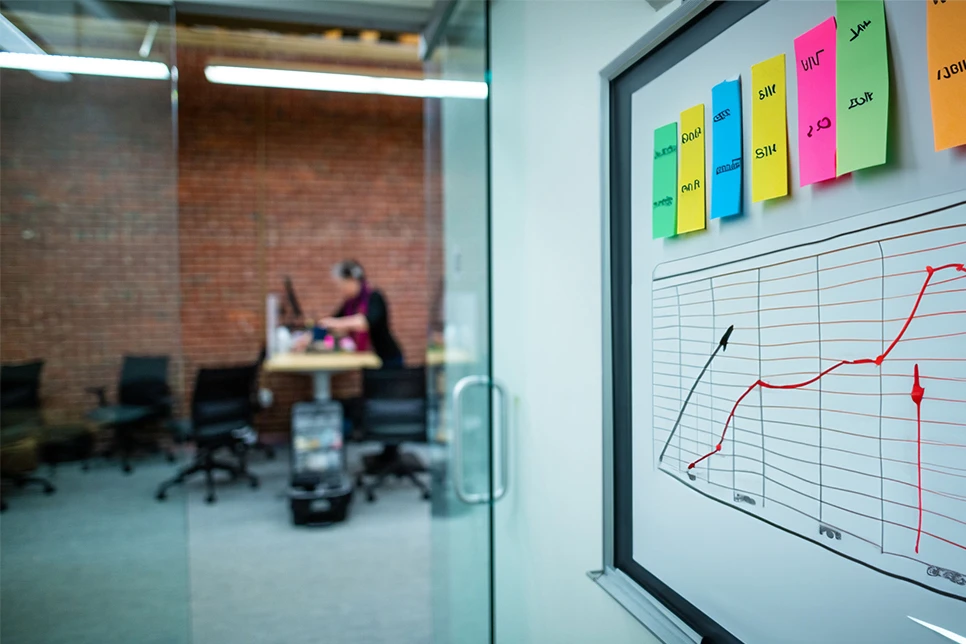
Last month, customers, friends, and guest speakers from across the globe convened once again for our annual KGL PubFactory Virtual Series. During the course of the three-day event, a packed and topical agenda enabled the scholarly publishing community to share valuable insights, learnings, developments, advice and trends with their peers.

